
The World Health Organisation (WHO) has urged Ghana to take drastic measures to improve the Air Quality (AQ) which is far below international standard.
It said Ghana's AQ has reached annual mean concentration of 31.1 microgrammes per cubic meter (mg/m3) (scientific method of measuring air pollution) as compared to 10mg/m3 WHO standard.
The National Programme Officer of WHO, Mr Gordon Dakuu, disclosed this yesterday in Accra, at the launch of a Health and Pollution Action Plan for Ghana.
It is a roadmap designed by the United Nations Industrial Development Organisation (UNIDO) to address environmental pollution.
"Pollution level in the country, which is associated with heart diseases, asthma, stroke and lung cancer breaches limits set by WHO and it is dangerous.
"Ghana lacks real-time or near real-time, sufficient, and publicly accessible air quality monitoring network," Mr Dakuu added.
He urged stakeholders to equip the Environmental Protection Agency (EPA) to issue daily AQ alert, indicating that "in 2016 Accra breached WHO AQ by eight times."
"In 2012 about 28,000 people died from various air related diseases as 73 per cent of Ghana's population use solid fuel (wood or charcoal)," he said.
The Minister of Environment, Science, Technology and Innovation, Professor Kwabena Frimpong-Boateng noted that those who sleep with mosquito coils risk their lives.
He explained that mosquito coil has the tendency to cause lung cancer and that its continual usage also affects the quality of air people breath.
Professor Frimpong-Boateng said although he is not against the use of mosquito coil, there should be massive campaign to educate the public on its rightful usage.
He added that the use of antibiotic in rearing tilapia to enable the fish grow faster within few months should also be considered as a national issue as its consumption may risk peoples' lives.
The Deputy Director of the Department of Environment of UNIDO, Madam Nilguen Tas urged Ghana to consider the roadmaps in the document to address its environmental challenges.
She said the document was put together following broader consultation with non-governmental organisations, departments and agencies under the various ministries and international organisations.
Read Full Story
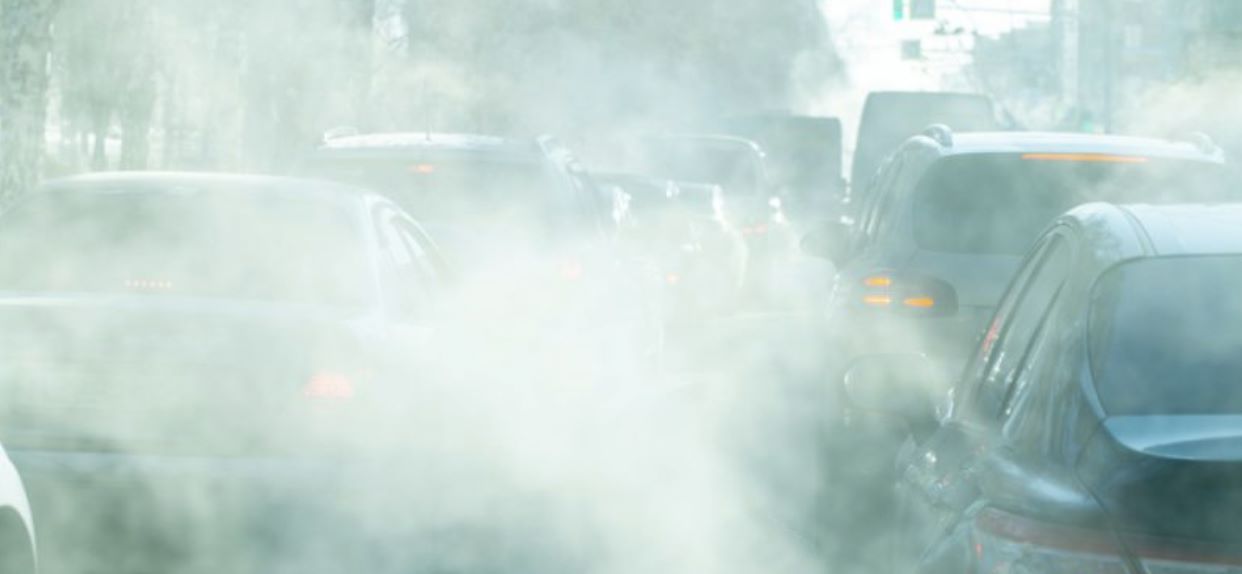
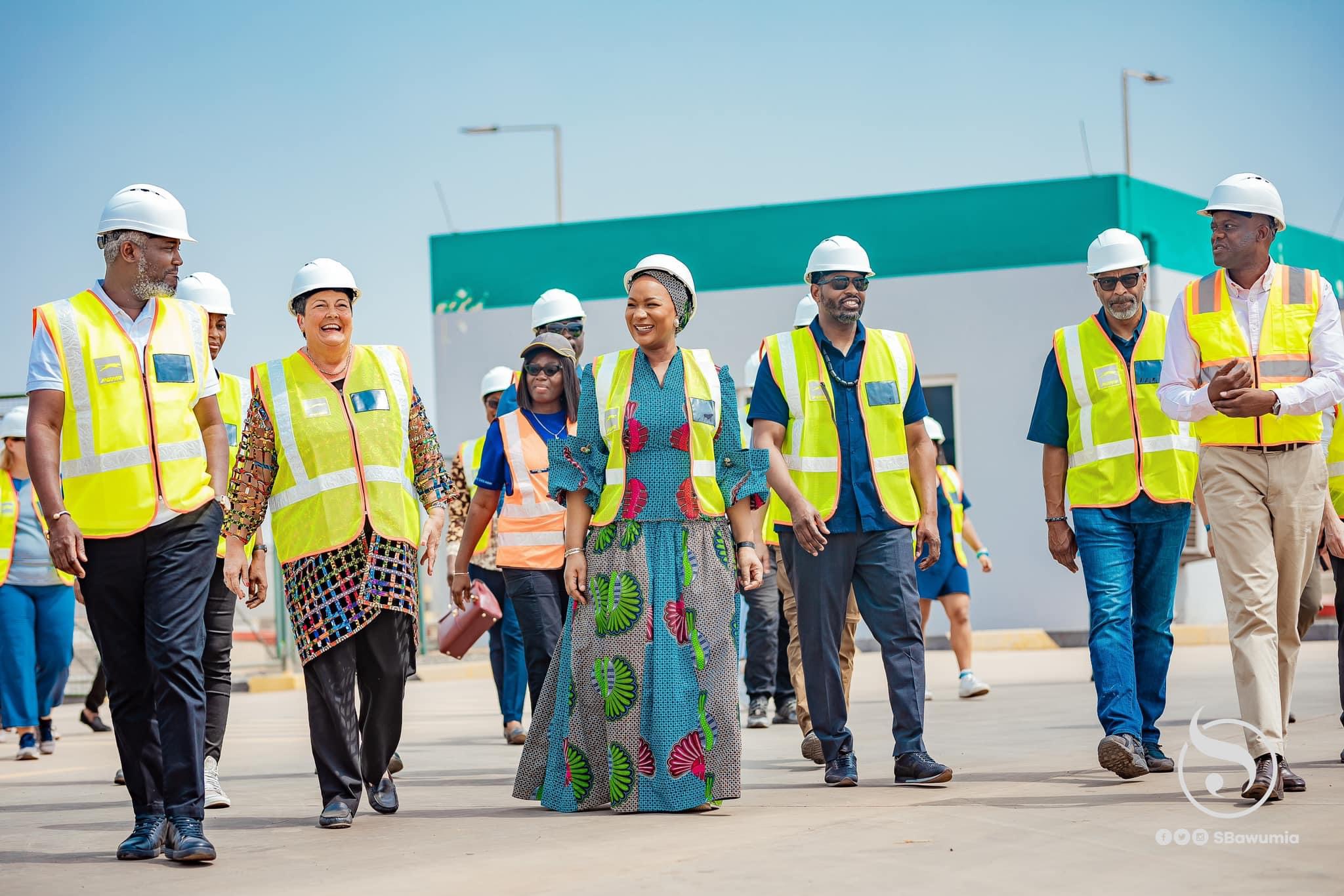
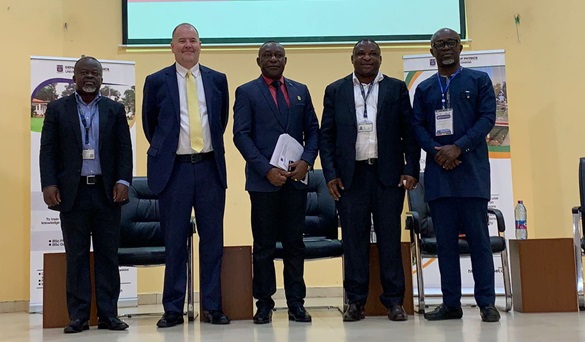

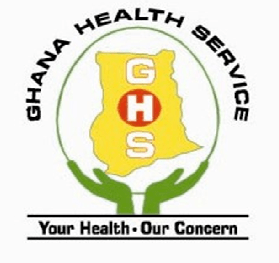
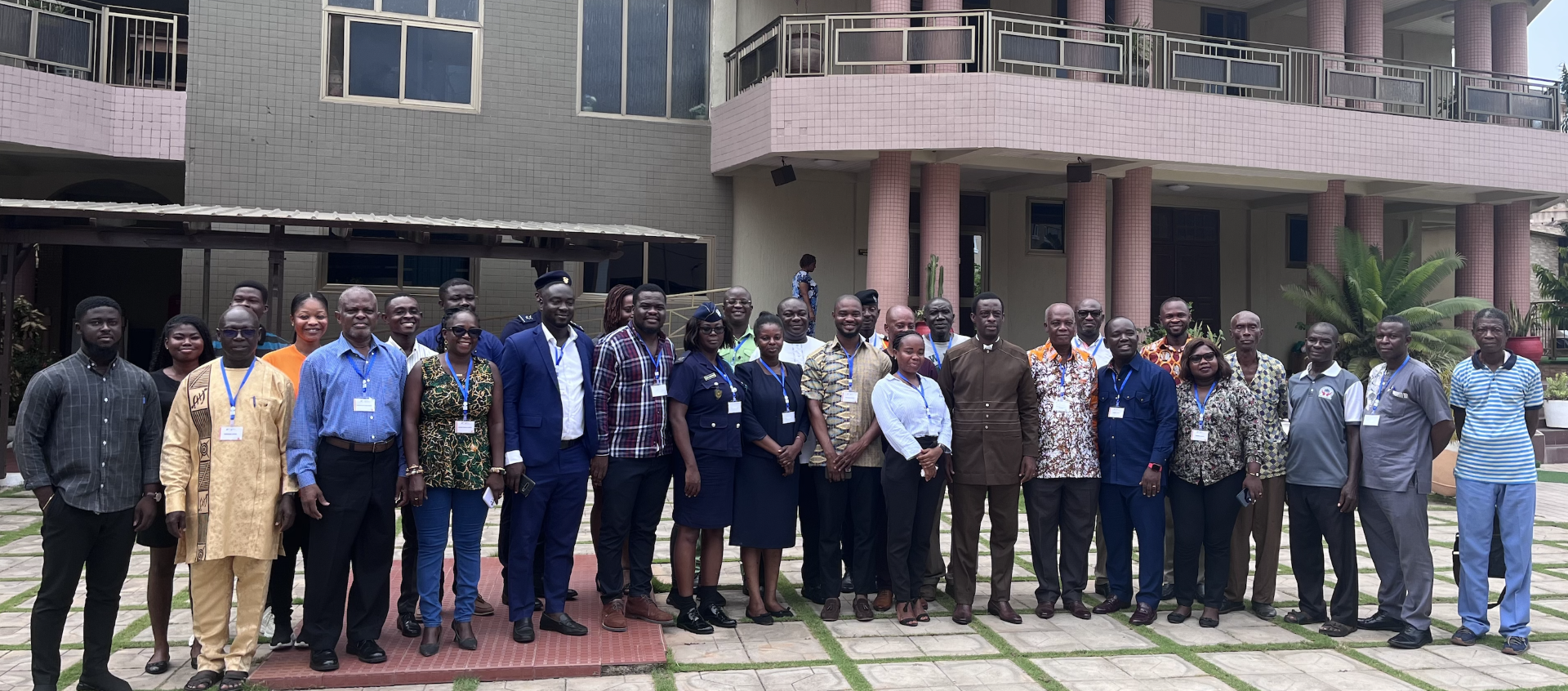
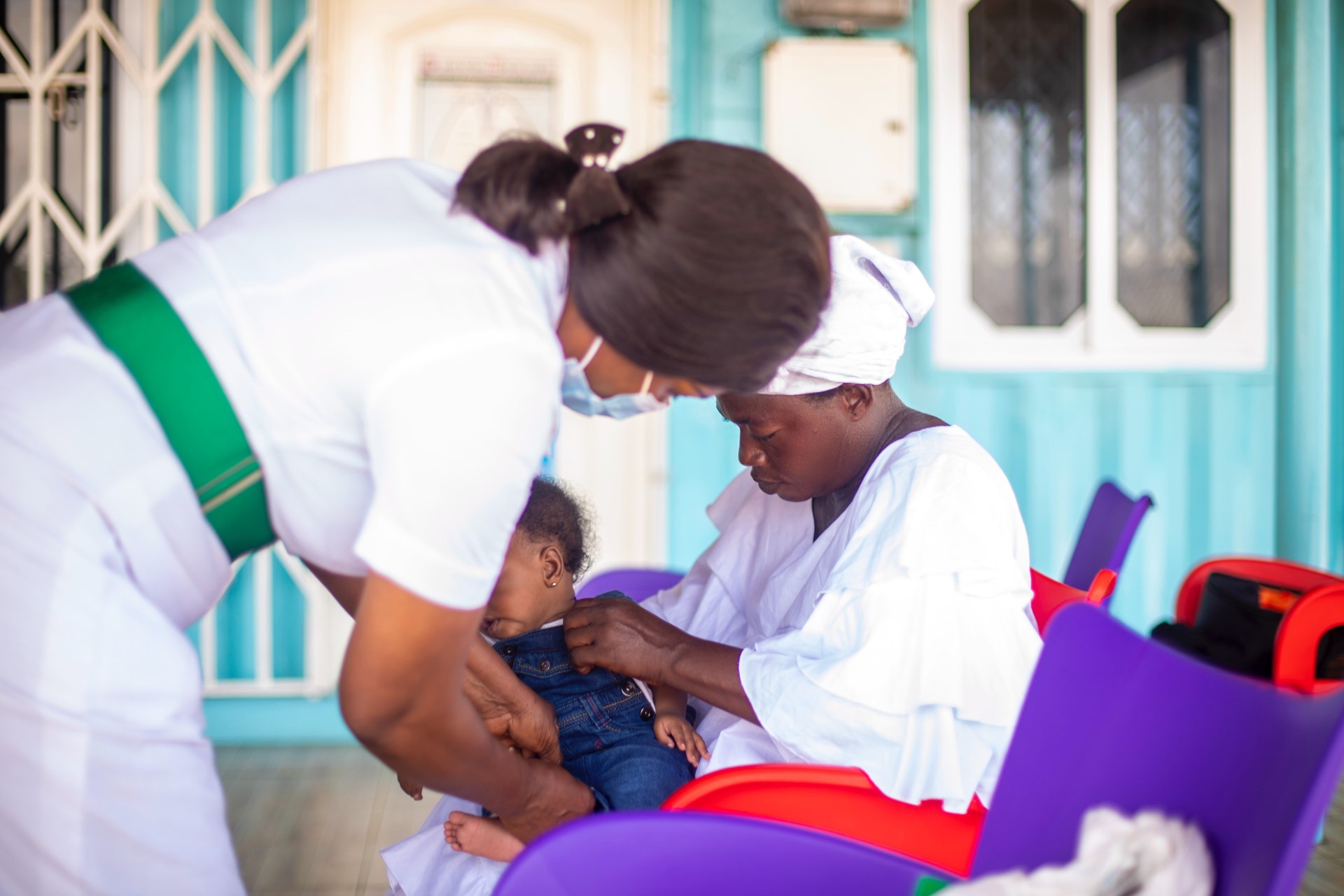







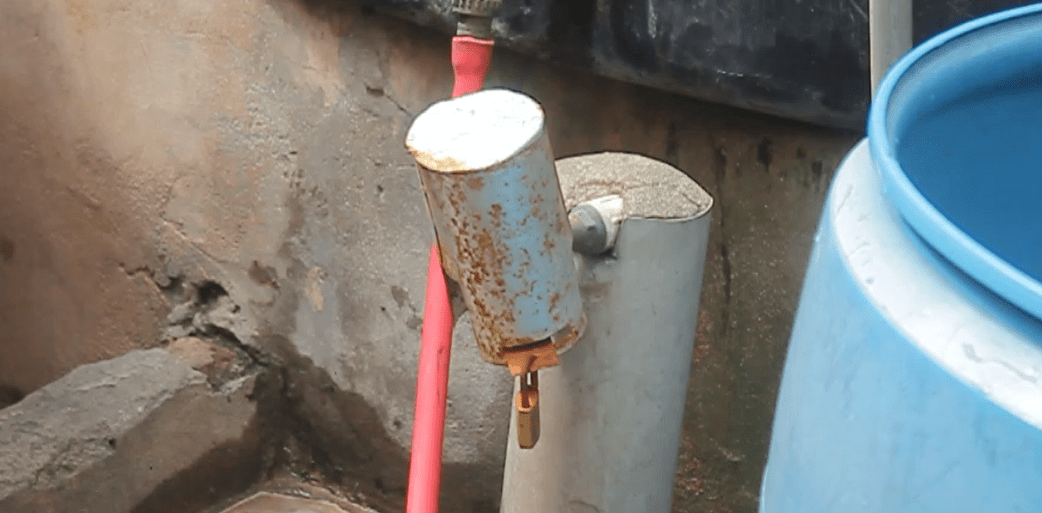


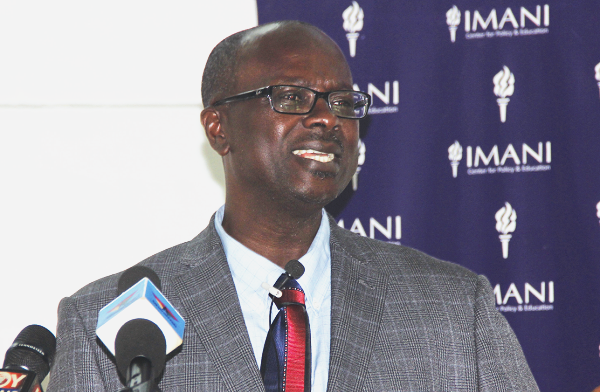






Facebook
Twitter
Pinterest
Instagram
Google+
YouTube
LinkedIn
RSS